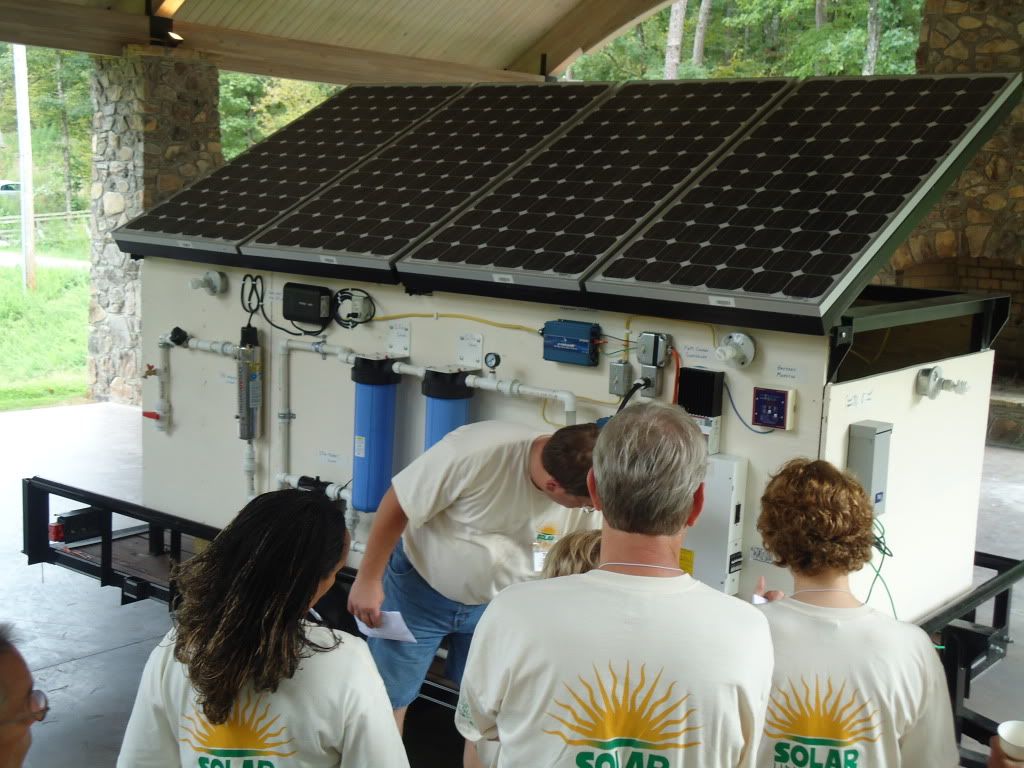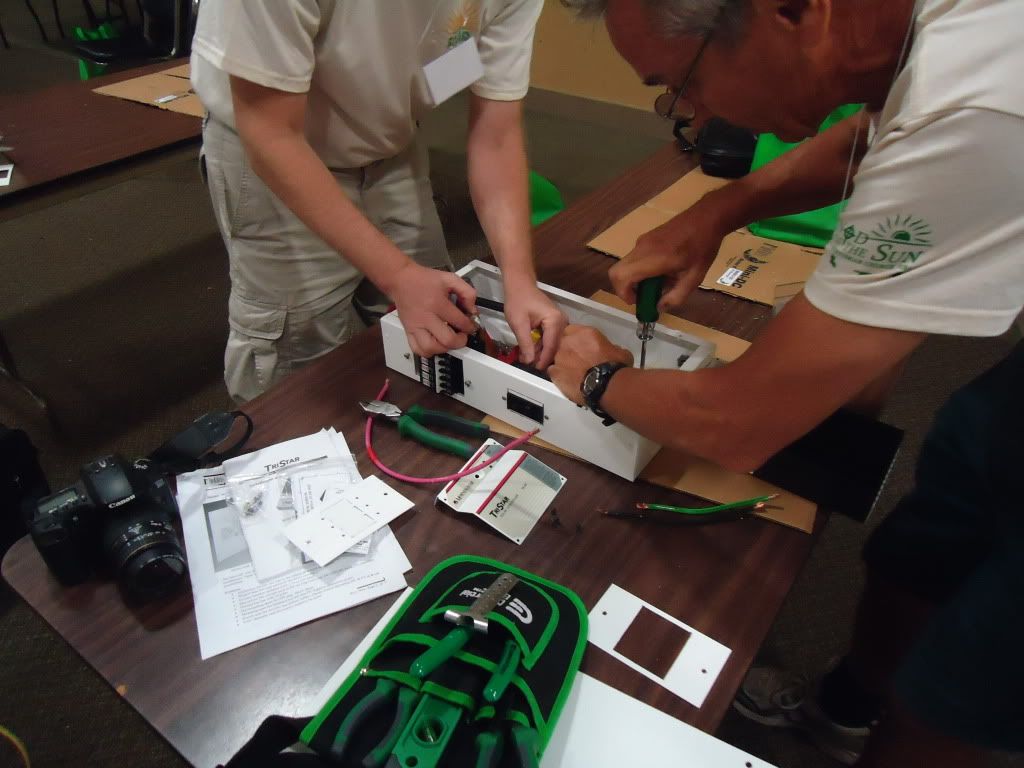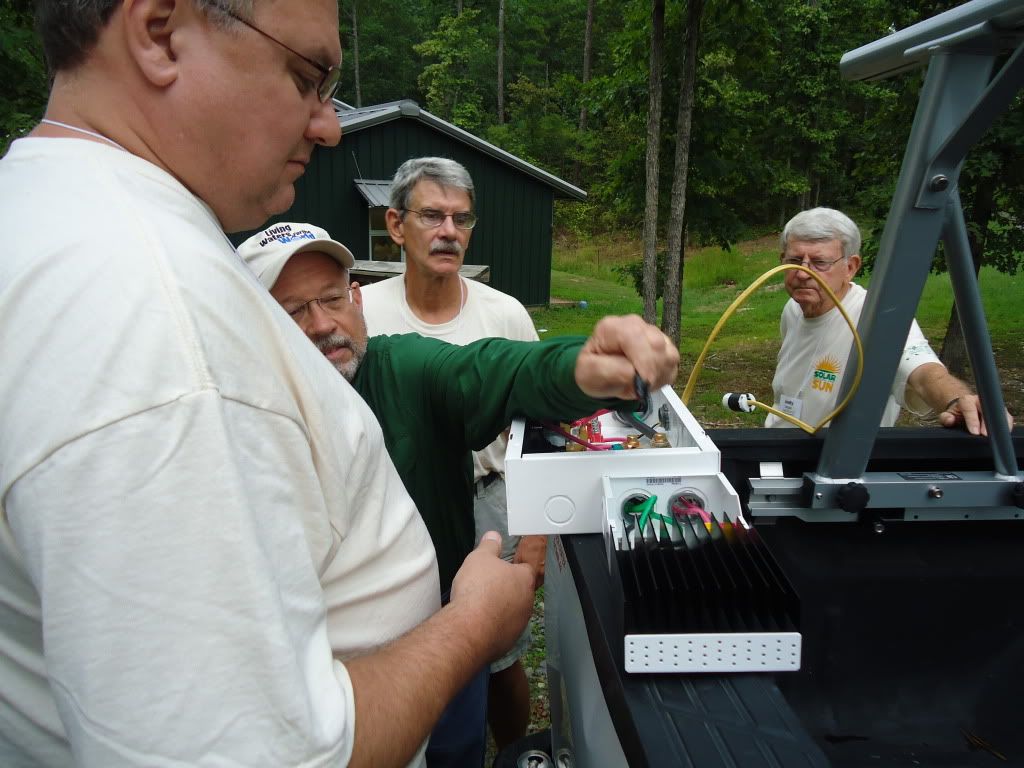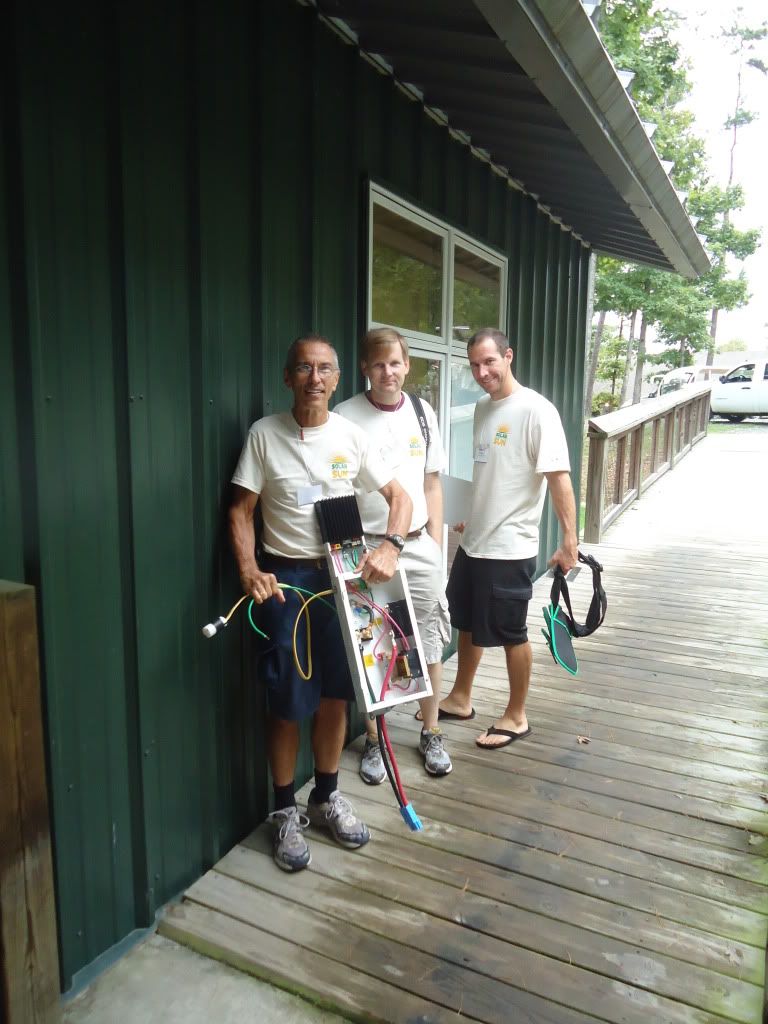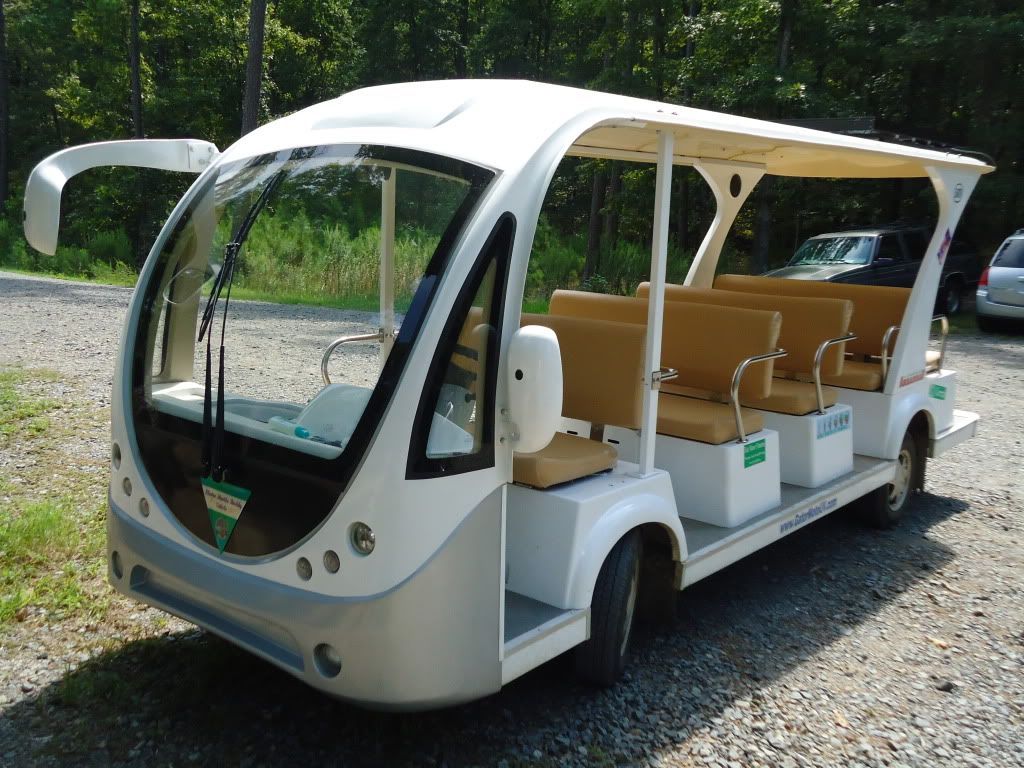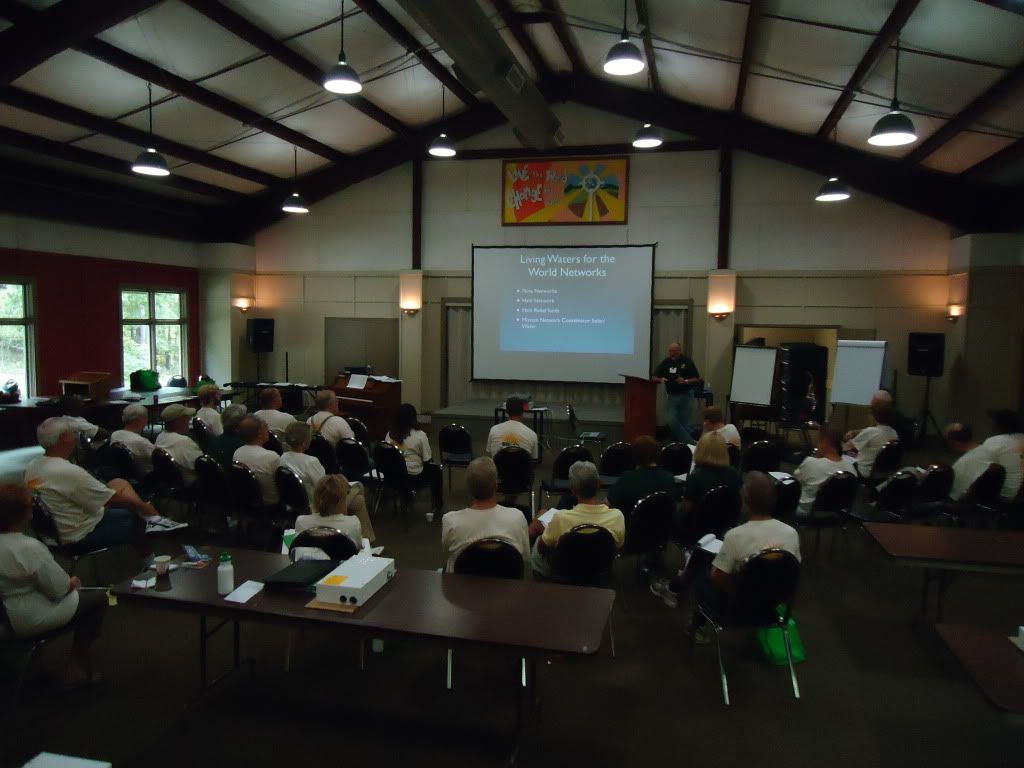If you aren’t already sick of hearing the nauseating cacophony of words such as “collateralized debt obligations,” “credit default swaps,” “mortgage-backed securities,” and other financial industry newspeak, then I encourage you to watch Chad Beck’s and Adam Bolt’s Inside Job (2010). The film, which recently won an Oscar for best 2010 documentary film, exquisitely pieces together the myriad confluence of events and people who were instrumental in orchestrating the 2007-2008 Global Financial Crisis. I don’t intend to make you revisit any traumatizing feelings you may have had as the economy plunged into the depths of the crisis, but I do hope that by watching the film you and I can hopefully connect on an emotional level and make you feel exactly how I felt while watching it: PISSED-THE-FUCK-OFF!!
I’ve always asked myself if my anger was ever justified. Looking back on my life, my parents have always been hardworking American citizens since they set foot in this country. My father grew up on the streets of Bangalore, India, and had the luck there of meeting a family from the United States who offered to take him to this country. My mother moved from a small province in the Philippines to work as a nurse in this country. Since the earliest days of their existence, they have always worked hard and honestly for the things they needed, much less the things they wanted. They’ve seen it all, done it all. And for them to have witnessed thousands of dollars of their hard-earned money disappear from their retirement accounts, to have been systemically discriminated from receiving small business loans on the basis of their credit scores, and to have fallen for the joke of the American dream, I can’t help but wonder how they go on to live so calmly and peacefully.
On the converse side of things, I look at what has been happening recently in North Africa and in the Middle East and see millions of embattled victims of institutionalized repression exercising their collective option to no longer take shit. What amazes me so much, however, is not that these uprisings are even happening but that foreign policy experts and esteemed global financiers seemed to have completely missed what was socially, politically, and culturally brewing in these regions for decades. And now many who had financial stakes in these regions are looking at the news and scratching their heads. No one predicted this. It’s no news to these stakeholders that autocratic rulers have had control of countries like Morocco, Libya, Egypt, Tunisia, etc. for decades. In fact some of these regimes like Mubarak’s were even recipients of tens of billions of dollars of Western financial and military backing and even praised for bringing “stability” to these regions – which we all know really means protecting investments.
I don’t want to make equal comparisons between countries in these regions to our country. Basic freedoms which don’t exist in these countries are protected in European and North American democracies (at least in legal theory). And we don’t face as much government-sanctioned corruption (I would like to believe) and physical repression (unless you’re poor, brown, or both) to ever warrant any citizen of this country to set one’s self on fire in protest or to riot by the hoards. But then again, if you take a short trip across the Mediterranean Sea to Europe you’ll see just as much anger manifested in civil disobedience in countries like Greece, Italy, France, and the United Kingdom. But these Europeans are angry for very different reasons.
The Eurozone crisis, however, is actually very similar to ours in the United States. Our European counterparts have been protesting against further equity erosion, inadequate financial reform, government sell-off of public services to private institutions (like education, worker’s pension, and healthcare), and consolidation of wealth into the hands of the few since the outset of the global financial crisis. Ironically, the North African and Middle Eastern countries in outright revolt right now actually saw their real GDPs rise in 2009 whereas North American and Western European nation-states all saw their GDPs fall. So I’m led to believe there is a certain parallel: North Africans were being robbed of their human dignity by their political leaders, and us Westerners were being robbed of our hard-earned cash by our economic leaders.
Then again, I still can’t seem to grasp the fact that most young-adult Europeans who are my age care enough about the direction of their public institutions to actually stand up against their misguided leaders, and yet most young-adult Americans who are my age are continuing to idle by entranced by the false pursuit of success we see and hear on our web browsers, headphones, and flat screens.
Government spending is in dire straits these days, but the most recent congressional budget assault on Obama’s landmark Consumer Financial Protection Bureau is just another example of the misguided leadership we have in this country. The citizenry complained just enough about being robbed by the banks that the administration created the Bureau headed by Prof. Elizabeth Warren, but now bank-backed political leaders are threatening to gut the Bureau on the grounds that federal spending is bad spending… and not a single one of us flinching. I think we might regret allowing the bank lobbies to do this.
I’ve also noticed that folks are complaining about gas prices again on Facebook. It seems to be the only commodity that middle-class youth and young adults care about these days. And so as the situation in North Africa and the Middle East continues to spook the banks and the energy industry, I can’t help but play the wishfully thinking devil’s advocate. I’m usually a person that never wishes for ill-tidings, but the one ill-tiding I’m wishing for is more volatile fossil fuel prices in the United States. I’m hoping people in this country will eventually wake the fuck up when that happens. I’m hoping that the big investment banks lose billions off gambling on volatile oil, commodity prices, and weapons sales. And I’m hoping this government will be wise enough, if such were to happen, to NOT give-in to the bankers. I don’t mean to be misanthropic. I do hope that all those living on the margins of our society receive enough transfer payments to ride out food and fuel inflation. But I think that once our economic and political problems are–in the words of my friend Oz, “right in our fucking faces”– will we ever be angry enough to do anything about them. Millions around the world have been rioting already due to soaring energy and food prices since the first global food crisis. And now global ministers fear a second round of global riots over food and commodity prices. I don’t think U.S. hegemony will shield us from these global fluctuations forever.
In the meantime, I’m going to emulate my parents and be cool, calm and peaceful. Yet I can’t help but feel sometimes that quiet, honest living gets no respect.


